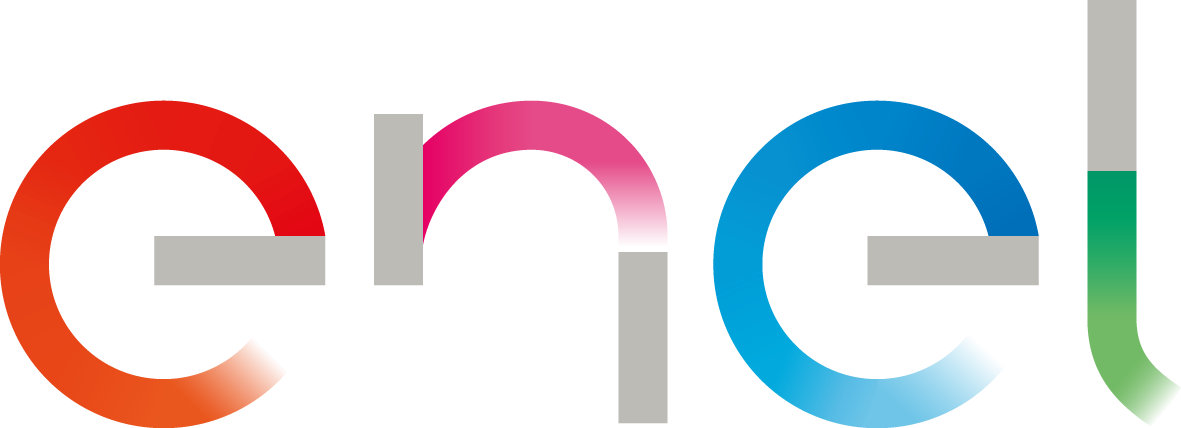At Enel Argentina we are a company that adopted the circular economy model. We know that the future is built with actions in the present, not with words.
For this reason, we have several projects underway that are part of this strategy, which aims to reduce both the entry of virgin materials and the production of waste thinking from the design of materials.
Currently in the Buenos Aires region we have three projects underway:
Wooden poles for electrical distribution
Progress was made in the reintroduction and sale of poles collected in company warehouses. To maintain the value of the material for as long as possible, we are working on the reintroduction of this input in green building projects.
To guarantee the safety of the operation, we carry out technical and environmental tests on the conditions of the stalls to sell our stalls for this activity, avoiding the informal market and generating a direct sales channel, strengthening the regularity of the activity and growth. of the sector in the country while generating income for the company. In this first stage, 17 tons of material were recovered, avoiding the use of 345 m3 of fresh water and the emission of 4 tons of CO2eq into the atmosphere. The objective was to know the market, the demand and the viability of this type of project. Upon verifying the viability, we moved forward together with our suppliers to certify the sustainable origin of our stalls, strengthening the local market and creating a regular channel for the sale of this second-hand material through our value chain.
The potentially recoverable material is 60,000 kg. In addition to freeing up warehouse space, more than $ 1.6 million is saved.
Concrete monoposts
We needed to move forward with the provision of more than 800 units of these posts for the delivery of one of our buildings. Given the complexity of the material, costs and impact, we look for alternatives for its circular management.
In a first phase, we carried out a pilot project to evaluate reuse alternatives in other production processes, resulting in these positive tests, generating economic and environmental savings, recovering more than 92 tons of material.
Today we are advancing in the second phase, which consists of an alliance with a local supplier that shares this circular vision to recover concrete and reintroduce it in the manufacture of new components of this material as well as an input for the construction industry.
Our partner in this project manages approximately 90% of the waste applying a circular economy model and inserts the waste into its production circuit. They reuse the construction aggregate generated by our operation through a recycling system, thus obtaining an aggregate echo suitable for use in new works.
Electronic waste
Are those electrical or electronic devices that stop working or are discarded are considered waste electrical and electronic equipment (RAEES).
To maintain the value of the material for as long as possible, we introduced the concept of “urban mining”. This allows the recirculation of valuable metals, components, materials and assets removed from our network and plants to mitigate environmental impacts, creating economic value for the company while generating inclusion in the community. the advantages? Minimize the use of virgin materials, increase the resilience of the value chain, decarbonization, a circular approach with economic impact and zero electronic waste in our warehouses.
To put it into practice, we created an alliance with the work cooperative "Recycling Work and Dignity" for the recovery of 98% of the elements that make up our electrical and electronic waste for its reintroduction into other production processes.
The project also generates a positive impact on the families that work in the cooperative since they generate income from the valuation of these materials.
Since the beginning of the project, at ENEL Argentina we have recovered more than 20 tons of material from our electronic waste.


